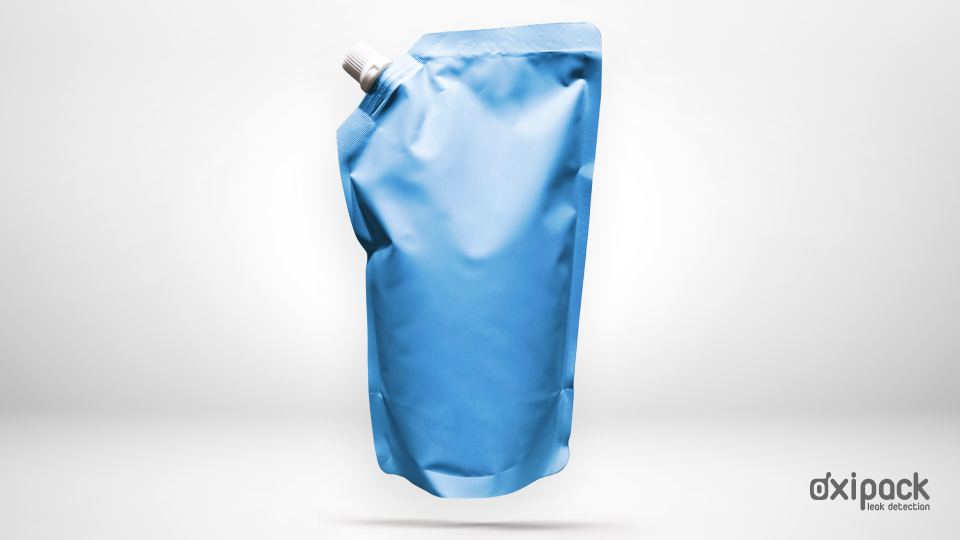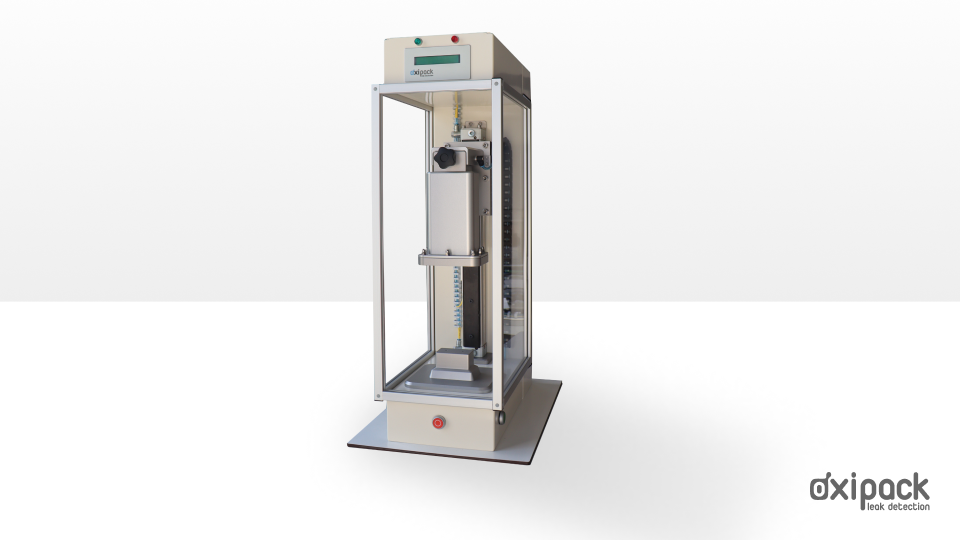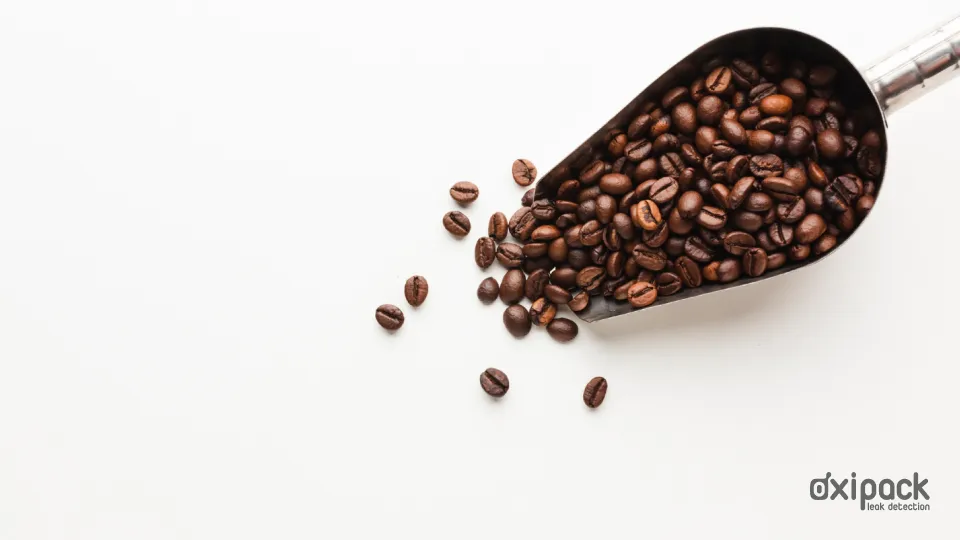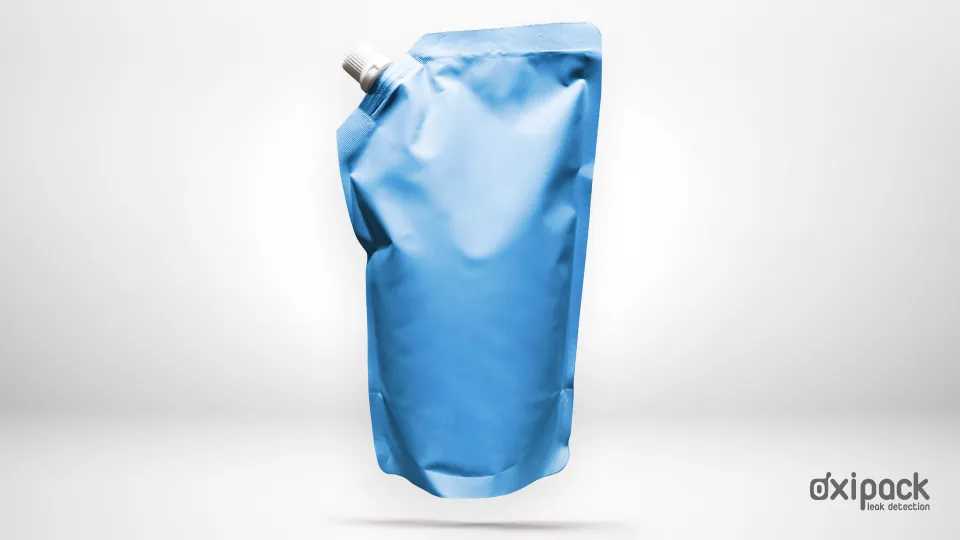Inquiry from a New Factory in Latin America
A packaging engineer from a new factory in Latin America, specializing in tomato-based sauces packaged in doypacks, recently inquired about testing their products for leaks to ensure they are leak-tight. Upon receiving samples, the Oxipack Centre of Expertise conducted tests on the doypacks and pouches filled with sauce.

Challenges with Detecting Micro Leaks
While large leaks were easily detected, the sauce obscured the smaller, micro leaks, making them difficult to identify. However, when testing the empty packaging using the Stationary Leak Tester (SLT), the process proved straightforward. The engineers at Oxipack developed a customized program that enabled the testing of all empty packaging—from the smallest at 5 grams to the largest at 2.2 kg—using the same settings.
Implementation of SLT
Initially, the customer was skeptical about replacing their traditional water bath test method. However, the benefits of using the SLT became apparent quickly. During the onsite installation, the SLT demonstrated its superior accuracy by identifying leaks in packages that had previously passed the water bath test, including both large and micro leaks. These results were traceable back to the production line, providing invaluable insights for quality control.
Transition to SLT and Improved Quality Control
After just two days of training and validation, the water bath method was discontinued. The factory adopted a new protocol, utilizing the SLT for all empty doypacks. This transition has significantly reduced customer complaints about leaky packages and virtually eliminated the production of defective packs.
Enhance Your Quality Assurance with Oxipack
Interested in exploring how the Oxipack Stationary Leak Tester can enhance the quality assurance of doypacks with spouts? Or perhaps you’d like to review our whitepaper comparing traditional bubble bath testing methods with the SLT? Please reach out to us at info@oxipack.com for more information.
Share this post

Still not sure?
Let’s get in touch.
Thank you for your submission!

Explore More Resources

Validating Cap Seal Integrity with Oxipack's Cutting-Edge Leak Detection Techniques
Oxipack's development team frequently receives inquiries from R&D managers, product developers, packaging technologists, and engineers who are looking to enhance their leak detection systems or to validate new packaging concepts.

Securing Infant Nutrition: Oxipack's Custom Leak Detection Solutions
A few years ago, the director of operations from a prominent US-based infant nutrition company reached out to Oxipack. The goal was clear: to implement a non-destructive method for detecting micro leaks in their metal-based and composite (carton) cans of infant nutrition.

Revolutionizing Leak Detection in Coffee Packaging with Oxipack’s Semi-Inline System
Early one morning, alongside our partner ATD, the Oxipack team arrived at the premises of a prominent Belgian coffee producer to set up a cutting-edge piece of equipment: our semi-inline vacuum leak tester.
